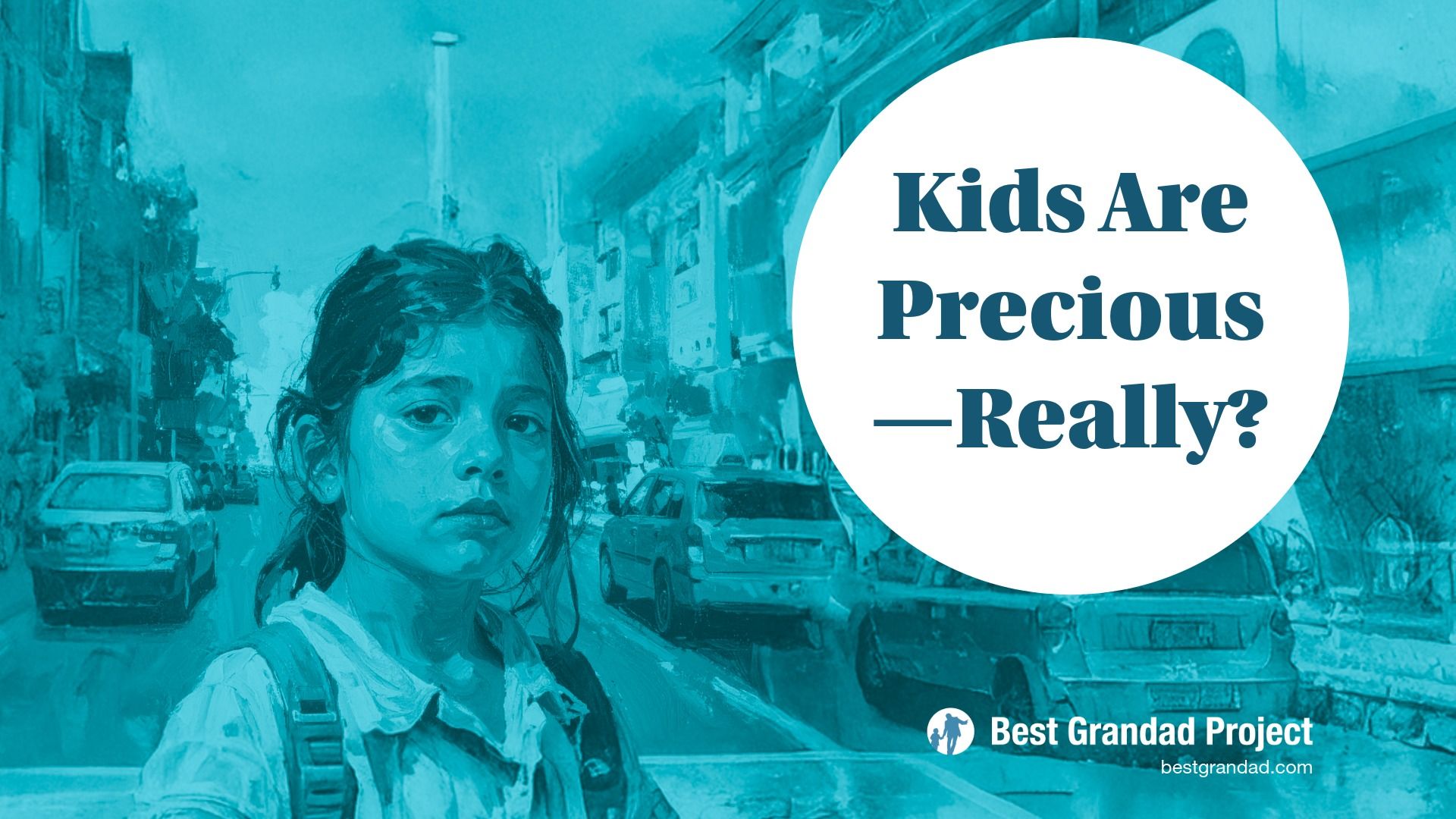Why Optimism Isn’t Delusional - Insights From a Motivational Speaker
The Truth About Optimists (Even the Grumpy Ones Like Me)
Are you an optimist? I am. Well, sort of. According to my wife, I’m more of a “grumpy optimist”—an occasionally miserable bastard who still somehow believes tomorrow can be better. Turns out, that makes me resilient.
And resilience, science tells us, isn’t about pretending everything is fine. It’s about feeling all the feels and still choosing to act with hope.
Michelle Gielan’s book Broadcasting Happiness offers a powerful reframe: positivity isn’t naive—it’s strategic. Optimists aren’t living in denial; they’re living on purpose. Study after study shows that optimism fuels success, health, stronger relationships, and yes, even longer life.
🎯 Resilience Isn’t Delusion—It’s Complexity
One of the biggest myths floating around is that pessimists are the realists, seeing the world as it “really” is. But decades of research beg to differ.
Resilient people—the ones who bounce back from setbacks, heartbreaks, and even solitary confinement as Vietnam POWs—don’t live in a fantasy. They just don’t stay in their pain. They acknowledge the bad and reach for the good.
In Barbara Fredrickson’s studies, resilient folks experienced frustration, anxiety, and fear just like everyone else. But here’s the twist: they also felt more curiosity, happiness, and interest at the same time. Their emotional lives weren’t black-and-white—they were technicolor.
🧠 The Cost of Staying Negative
Negative emotions aren’t bad. They're part of the human experience and helpful in the right dose. But when they overstay their welcome, things go south. Ruminating—looping over the same problems again and again—has been shown to deepen depression and extend emotional pain. Suffering without meaning becomes senseless suffering. And that’s where the real damage begins.
You might think venting is helpful—you know, punching a bag or verbally roasting the idiot who cut you off in traffic. But studies show that expressing anger in destructive ways actually makes people feel worse. In fact, doing nothing was more effective than lashing out. (Don’t tell Freud.)
🌱 Optimism in Action
Optimists don’t ignore reality—they engage with it differently. They see setbacks as temporary. They view challenges as solvable. They believe effort matters. And because of that, they take more action, bounce back faster, and find opportunities that pessimists miss.
Negativity, for adaptive reasons, puts us in defense mode. It narrows our vision and primes us to avoid risk. But positivity does the opposite—it opens us up. It fuels what Fredrickson calls the “broaden and build” effect, where we see more options, think more creatively, and form better social bonds.
This isn't motivational fluff. This is biology.
Optimistic people tend to:
-
Be more successful at school and work
-
Make more money over the course of their careers
-
Pay their credit cards on time and save more
-
Form deeper relationships
-
Recover better from surgery and disease
-
Live longer
Whether you’re a stay-at-home parent, a CEO, or somewhere in between, building an optimistic mindset isn’t just a “nice-to-have”—it’s a performance enhancer for life.
😂 Don’t Forget to Laugh
Humor isn’t just a coping tool—it’s medicine. A study out of Tennessee showed that genuine laughter increases heart rate and burns calories. (Not enough to skip the gym, but hey, it’s still a win.) More importantly, laughter signals connection, releases tension, and reminds us that life is still worth smiling at.
Optimists, quite literally, laugh their way to better health.
🚀 The Optimist’s Edge
So back to my original confession: yes, I get grumpy. Yes, I rant. But I also believe in possibility. I believe the future is something we can build, not just endure.
Optimism isn’t a mood. It’s a strategy. And in a world that’s constantly telling us to be afraid, cynical, or passive, choosing optimism is nothing short of rebellion.
It’s the choice to see beyond the problem. To look for the opportunity. To believe that better isn’t just possible—it’s worth fighting for.
And that, my grumpy friend, is how you become resilient.





